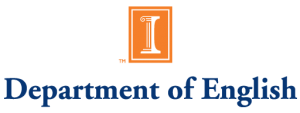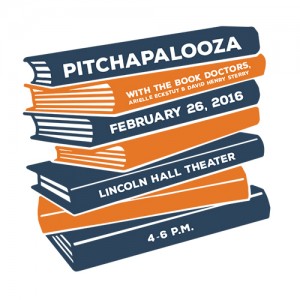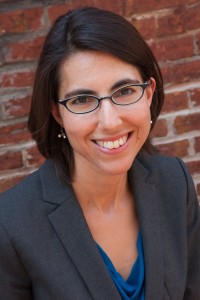 We add new alumni to the Department of English Alumni Mentoring Network all the time. Our newest participant is Luke Trayser, a senior copywriter at Ivor Andrew in Chicago. Luke was kind enough to send along some advice for current students interested in careers in copywriting:
We add new alumni to the Department of English Alumni Mentoring Network all the time. Our newest participant is Luke Trayser, a senior copywriter at Ivor Andrew in Chicago. Luke was kind enough to send along some advice for current students interested in careers in copywriting:
- Even if you don’t have experience, you have your words. Your portfolio is vital. Write all the time, write for free, and put the stuff you’re proudest of in your portfolio.
- During an interview, don’t try to be someone you think they want. That’s a good way to be stuck in a job that doesn’t fit. Instead, just be you. If you do that and get turned down, it was not the right place for you.
- Most writing jobs require a cover letter and résumé, but it’s much easier, and more effective, to apply with your portfolio and résumé instead. It’s a hilarious little irony that the people who ask for cover letters can’t stand reading them.
Not sure what Luke means by “portfolio”? Have a look at his!

 rom a wide range of disciplines at the U of I choose to hone their writing talents in our workshop
rom a wide range of disciplines at the U of I choose to hone their writing talents in our workshop book pitches (minus Simon Cowell). Over the course of these four events, The Book Doctors imparted to attendees a wealth of valuable advice about writing and publishing any kind of book. Attending the events, I came away with both practical tips and a general sense of the complex processes by which a book idea evolves into a published text. Here are just a few of the takeaways from the events:
book pitches (minus Simon Cowell). Over the course of these four events, The Book Doctors imparted to attendees a wealth of valuable advice about writing and publishing any kind of book. Attending the events, I came away with both practical tips and a general sense of the complex processes by which a book idea evolves into a published text. Here are just a few of the takeaways from the events:
 will start getting announcements of internship openings. You’ll get even more once you officially apply.
will start getting announcements of internship openings. You’ll get even more once you officially apply.